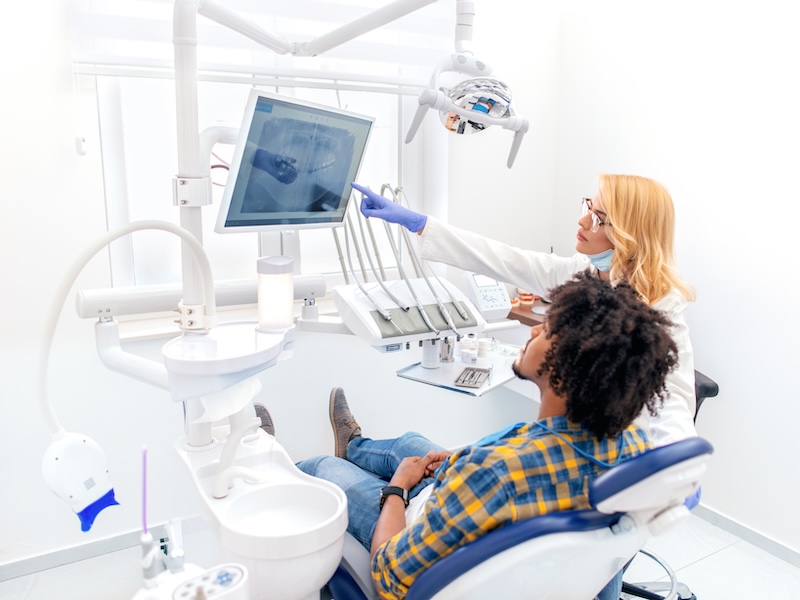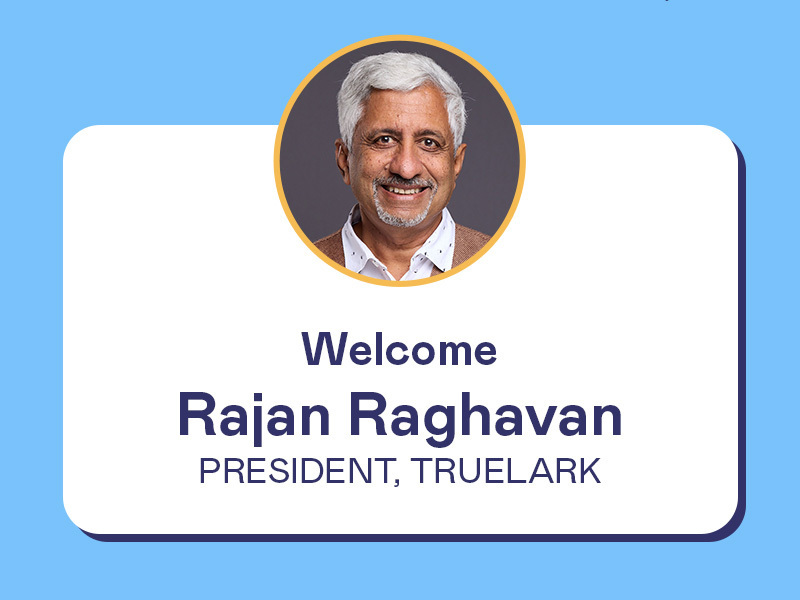By Eric Weeden, Head of Sales at TrueLark
The dental industry is undergoing a transformation, and Artificial Intelligence (AI) is leading the charge. But adopting AI isn’t about making minor adjustments to existing processes—it’s about rethinking how practices operate from the ground up. AI can do so much more than write emails or draft marketing campaigns. It can revolutionize staffing, enhance clinical care, and completely change the way we communicate with patients.
And while this may sound like a massive shift, implementing AI doesn’t have to be complex. A full-service solution, trained on both large-scale language models and dental-specific data, can bring transformative results without disrupting your operations.
Addressing Staffing Challenges with AI
Staffing is one of the biggest pain points for dental practices. Recruiting, training, and retaining front-office staff isn’t getting any easier or less expensive. Practices across the country are struggling to manage basic administrative tasks like answering phones, scheduling, and following up with patients.
AI can help. With the right tools, practices can automate up to 85% of patient communications. Imagine having an AI solution that answers every call, books appointments, and sends follow-ups without missing a beat. This not only eases the load on your existing staff but ensures you never lose a patient to a missed call.
Elevating Clinical Care with AI
AI isn’t just for front-office tasks. It plays a crucial role in clinical excellence, especially when it comes to patient education and treatment adherence. Patients often feel overwhelmed by complex dental jargon. AI bridges that gap by explaining treatment plans in simple, relatable terms. For instance, instead of saying, “You need scaling and root planing,” AI can translate that to, “We’ll clean deep below your gums to prevent further damage.” These kinds of explanations build trust and help patients feel more confident about their care.
AI can also personalize follow-up instructions and reminders based on individual patient needs. Whether it’s a reminder to schedule a follow-up cleaning or guidance on post-treatment care, these tailored communications keep patients engaged and compliant with their treatment plans.
On the operational side, AI can integrate with practice management software to flag patients who are overdue for visits or have incomplete treatments. These insights help practices proactively manage care.
Revolutionizing Patient Communication
Today’s patients expect instant, effortless communication. They don’t want to wait for callbacks or navigate clunky online forms. A full-service AI solution makes real-time, omnichannel communication possible. Patients can book appointments, reschedule, or ask questions through text, chat, or even voice AI. And because these systems integrate with your existing tools, every interaction stays consistent and professional. This isn’t just about automating tasks—it’s about creating an experience that meets patients where they are.
One of the most powerful aspects of AI in dentistry is its ability to learn over time. Unlike static chatbots, AI engines trained on industry-specific data get smarter with every interaction. They don’t just answer questions; they anticipate needs, making the entire patient journey smoother and more efficient.
Implementation Made Easy
I often hear from dental practices that they’re hesitant to adopt AI because they think it’s too complex or disruptive. The truth is, it doesn’t have to be. A platform purpose-built for dentistry can be intuitive and easy to integrate. As mentioned previously, these tools are pre-trained on dental-specific data, so they’re ready to work for your practice from day one. With minimal setup and training, you can start seeing the benefits almost immediately.
Streamlined AI Solutions for Modern Dentistry
AI is reshaping the dental industry, but adopting it doesn’t have to feel daunting or disruptive. The key is working with the right partner—a full-service AI provider that simplifies the process. When built for your needs, AI operates quietly in the background, seamlessly handling tasks and enhancing workflows without demanding constant attention. This isn’t about adding complexity; it’s about unlocking new potential with minimal friction. With a platform designed specifically for dentistry, practices can start reaping the rewards of AI quickly, without overhauling operations. The question isn’t if AI will transform dentistry—it’s how you’ll use it to transform your practice.

















